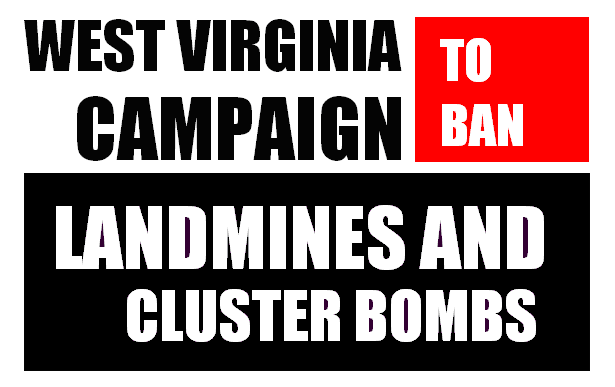
Sri Lankan Ambassador to the United Nations in Geneva H.E. Ravinatha Pandukabhaya Aryasinha, 2 March 2016 @MBT-ISU
Sri Lanka has become the 163rd State Party to the 1997 Mine Ban Treaty, having deposited its instrument of accession at the United Nations’ headquarters on 13 December 2017.
The International Campaign to Ban Landmines congratulates Sri Lanka for joining the international community to achieve a mine-free world.
“We thank the government of Sri Lanka and all those who supported this great achievement for our nation. This accession will bring many opportunities for post-war Sri Lanka. It will support reconciliation efforts and help fostering permanent peace,” said Vidya Abhayagunawardena, Coordinator of the Sri Lankan Campaign to Ban Landmines. “It is time for all other countries that have not joined the treaty, especially India, Nepal and Pakistan in South Asia, to join the 163 nations and wipe out landmines once and for all.”
Sri Lanka is heavily affected by landmines and explosive remnants of war. According to the Landmine Monitor over 22,100 people have been killed or injured by landmines or explosive remnants of war over time in the country. The estimated extent of mine/ERW contamination as of February 2017 was just over 26.3km2, a decrease from the nearly 68.4km2 of June 2015. Contamination affects ten districts across three provinces of Sri Lanka.
Sri Lanka has developed a plan for 2016-2020 aiming to make the country ‘mine-threat free’ by 2020. The Mine Ban Treaty requires the clearance of all contaminated areas, including those that do not pose an immediate threat to populations.
With Sri Lanka’s accession to the Mine Ban Treaty, India, Nepal and Pakistan are the only countries in South Asia that remain outside of the Mine Ban Treaty. All three are affected by landmine contamination.
The Mine Ban Treaty will enter into force for Sri Lanka on 1 June 2018.
